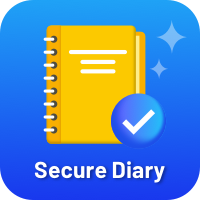-
Antivirus Tip: If you must shop online, use a secure device that has a strong firewall and always make sure they have SMS verification.
-
Antivirus Tip: When setting up your email, enable a two-step verification that includes sending an SMS to your cellphone for added security.
-
Antivirus Tip: When confirming if a website is legitimate and not a spoof, carefully check if all spelling on the page is correct before you click.
-
Antivirus Tip: Any e-mails or messages that demand you ‘act now’ are very likely to be phishing attempts, and must be ignored and deleted.
-
Antivirus Tip: If you believe the website you are currently viewing may be unsafe, odds are it may just be. Close the web browser and run an intense AV scan.
-
Antivirus Tip: Using the keyboard shortcut – Ctrl+Alt+Del – and googling the processes running can help you determine which are normal and which are viruses.
-
Antivirus Tip: Phishing is when criminals try to get your personal details, credit card info or passwords via fraudulent emails or SMSes. Always double-check.
-
Antivirus Tip: Before you call for help, try to find it out if your problem is internet, network or device-specific. Researching problems helps in the long run.
-
Antivirus Tip: Keep a list of at least five people you know who can help you if your computer starts doing something you know isn’t normal.
-
Antivirus Tip: If children use your PC, disable certain internet functions or limit their time on the device. Teach them how to avoid unsafe websites, too.
Antivirus Hub
R5 / day subscription













